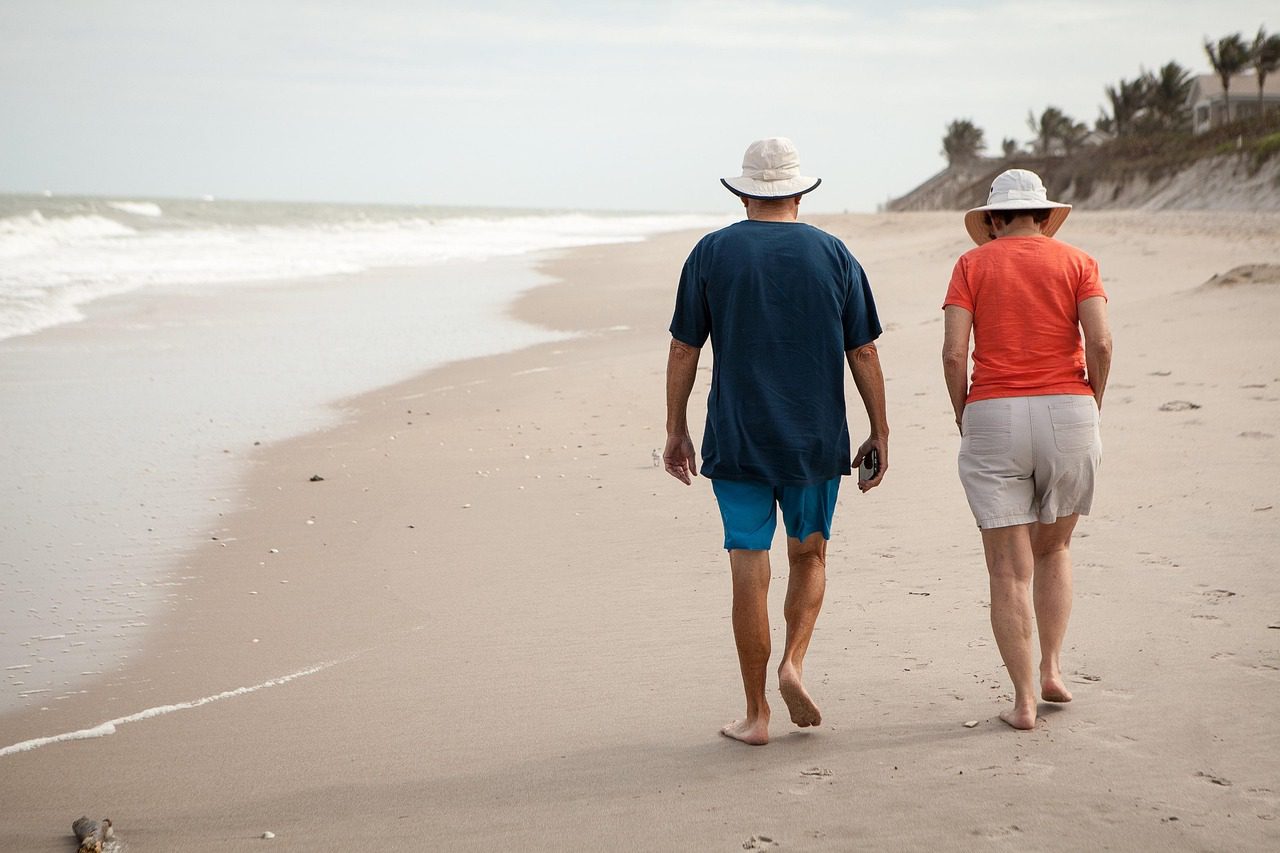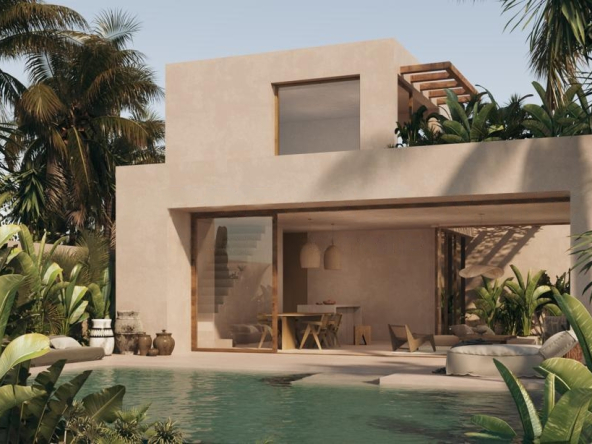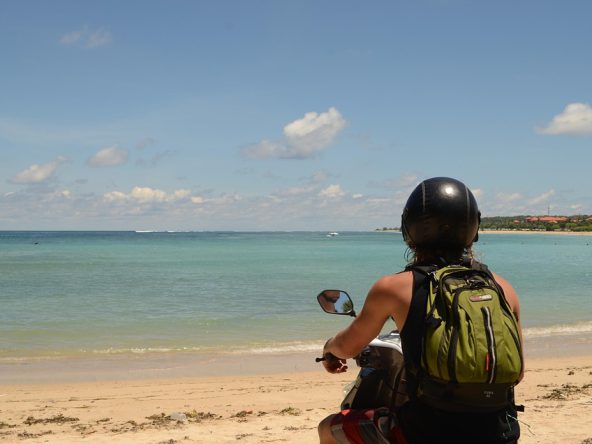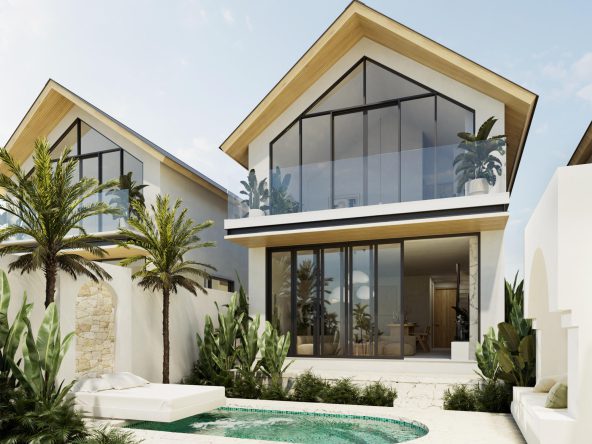Bali has long been a favourite destination for Australians, not only for holidays but also as a retirement destination. With its tropical climate, affordable lifestyle, and vibrant expat community, Bali presents a compelling option for retirees looking to stretch their superannuation further. However, navigating the Balinese property market as a retiree requires careful planning and an understanding of Indonesian property laws.
Why Australians are Retiring in Bali
The appeal of retiring in Bali comes down to several factors:
- Lower Cost of Living: The cost of everyday expenses, including dining, transport, and domestic help, is significantly lower than in Australia.
- Proximity to Australia: Bali is only a few hours’ flight from most Australian cities, making it easy for retirees to visit family and friends.
- Warm Climate and Relaxed Lifestyle: The island offers a laid-back lifestyle with warm weather year-round.
- Healthcare Advancements: While Indonesian healthcare is improving, Bali has private hospitals such as BIMC and Siloam that cater to expats. Many retirees opt for international health insurance to access high-quality medical care in Jakarta or Singapore when needed.
Understanding Indonesian Property Ownership Laws
Foreigners, including Australians, cannot directly own freehold property (Hak Milik) in Bali. However, there are legal ways to secure property:
- Leasehold (Hak Sewa): The most common and legally secure option for foreigners. Leasehold agreements typically last 25 to 30 years with options to extend up to 80 years.
- Right to Use (Hak Pakai): Available to foreigners holding a KITAS or KITAP visa. This title allows property ownership for an initial 30 years, with extensions up to 80 years.
- Foreign-Owned Companies (PT PMA): Establishing a foreign-owned company in Indonesia allows investors to buy property under the company’s name. This is best suited for commercial purposes, not personal residences.
- Nominee Arrangement (Not Recommended): Some foreigners use an Indonesian citizen as a nominee to hold property, but this carries significant legal risks and is not a secure investment strategy.
Best Locations for Australian Retirees
- Sanur: A peaceful coastal town with a strong expat community, ideal for retirees seeking a quieter lifestyle.
- Ubud: Known for its cultural scene, yoga retreats, and cooler climate, Ubud is a favourite for wellness-focused retirees.
- Canggu: Offers a mix of modern amenities, beachfront living, and a growing retiree population.
- Jimbaran: A quieter area with luxury resorts, excellent seafood, and a family-friendly atmosphere.
Bali Property Market Trends & Prices
Bali’s property market remains strong, with steady demand from expats and retirees. Some general price ranges include:
- Leasehold Villas (20-30 years remaining): AUD 150,000 – AUD 500,000, depending on location and size.
- Luxury Villas: AUD 500,000 – AUD 1 million for high-end properties with extended leases.
- Apartments & Condos: Limited availability, but some developments in Seminyak and Canggu cater to retirees seeking managed living options.
Legal and Financial Considerations
- Retirement Visa (KITAS/KITAP): Australians over 55 can apply for a retirement visa, which allows long-term stays but prohibits working.
- Tax Implications: Australian retirees should consult a financial advisor about tax obligations on overseas property and pension payments.
- Ongoing Costs: Property maintenance, security, and community fees should be factored into the retirement budget.
Retiring in Bali offers Australians an affordable and appealing lifestyle, but careful planning is essential to navigate property laws and ensure a secure investment. By choosing the right ownership structure, location, and legal support, Australians can enjoy a seamless transition into their Bali retirement dream.
For those considering the move, it’s advisable to consult local legal experts and Australian financial advisors before making any property commitments. Bali’s property market remains attractive, but informed decisions are key to long-term stability and enjoyment.




